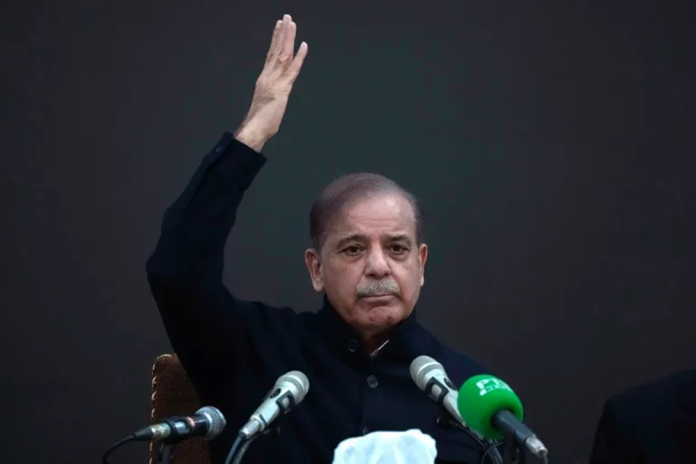In a time marked by economic turbulence and rising public discontent, the recent relief initiative by Prime Minister Shehbaz Sharif’s government stands out as a beacon of hope. Announcing a three-month relief period for lifeline electricity consumers is not just a policy decision but a testament to the sharif administration’s commitment to social justice and economic empathy.
For many households grappling with the increasing cost of living, this relief—targeted at those using less than 200 units of electricity per month—provides a much-needed respite. By allocating Rs50 billion to support approximately 25 million consumers from July to September, the government is ensuring that 94% of domestic electricity users feel the direct impact of this relief. This initiative is a clear indication that the government recognizes and is responding to the financial pressures faced by its citizens.
What makes this relief measure particularly commendable is the government’s decision to reallocate funds from its development budget. In an era where long-term projects often take precedence, choosing to prioritize immediate public welfare speaks volumes about the current administration’s values and priorities. This move highlights a level of empathy and strategic foresight that is often missing in governance.
Moreover, the government’s broader fiscal strategies—such as taxing the elite, expanding the tax net, and eliminating financial inefficiencies—are steps in the right direction for sustainable economic management. These actions not only aim to provide immediate relief but also to build a more resilient economic framework for the future. Initiatives like the solarization of tube wells in Balochistan, which reduce reliance on imported oil, demonstrate innovative thinking and a commitment to long-term stability.
Navigating the complexities of an ongoing program with the International Monetary Fund (IMF) while implementing such a substantial relief package is no easy task. The IMF’s approval of this package underscores the government’s adept negotiation skills and strategic planning. Additionally, the decision to withdraw a proposed 51% increase in electricity rates for protected consumers shows a keen awareness of public sentiment and a dedication to easing the financial burden on the populace.
The introduction of new taxes on the real estate sector to generate Rs100 billion, despite being controversial, is a necessary measure for equitable economic recovery. Calling on the elite to contribute their fair share to national stability is both timely and justified, emphasizing the government’s resolve to tackle economic disparities head-on.


